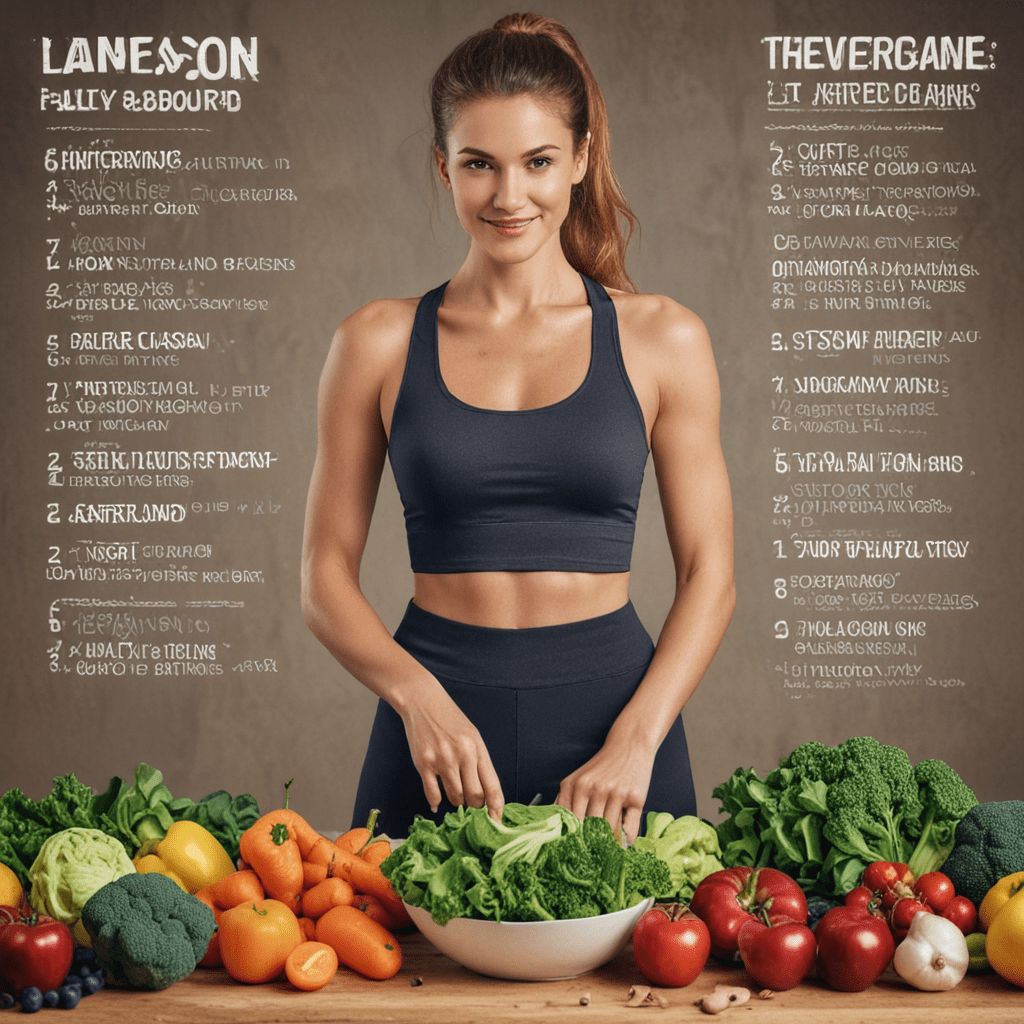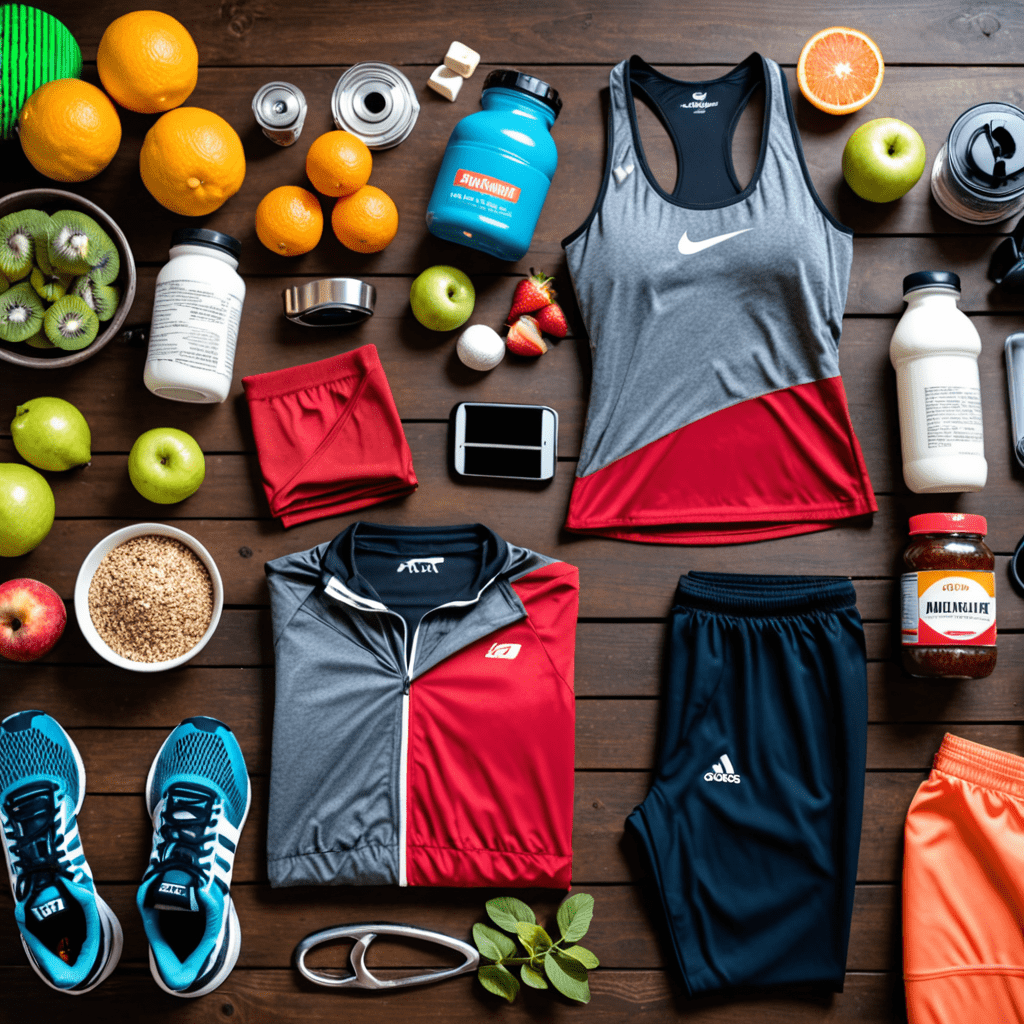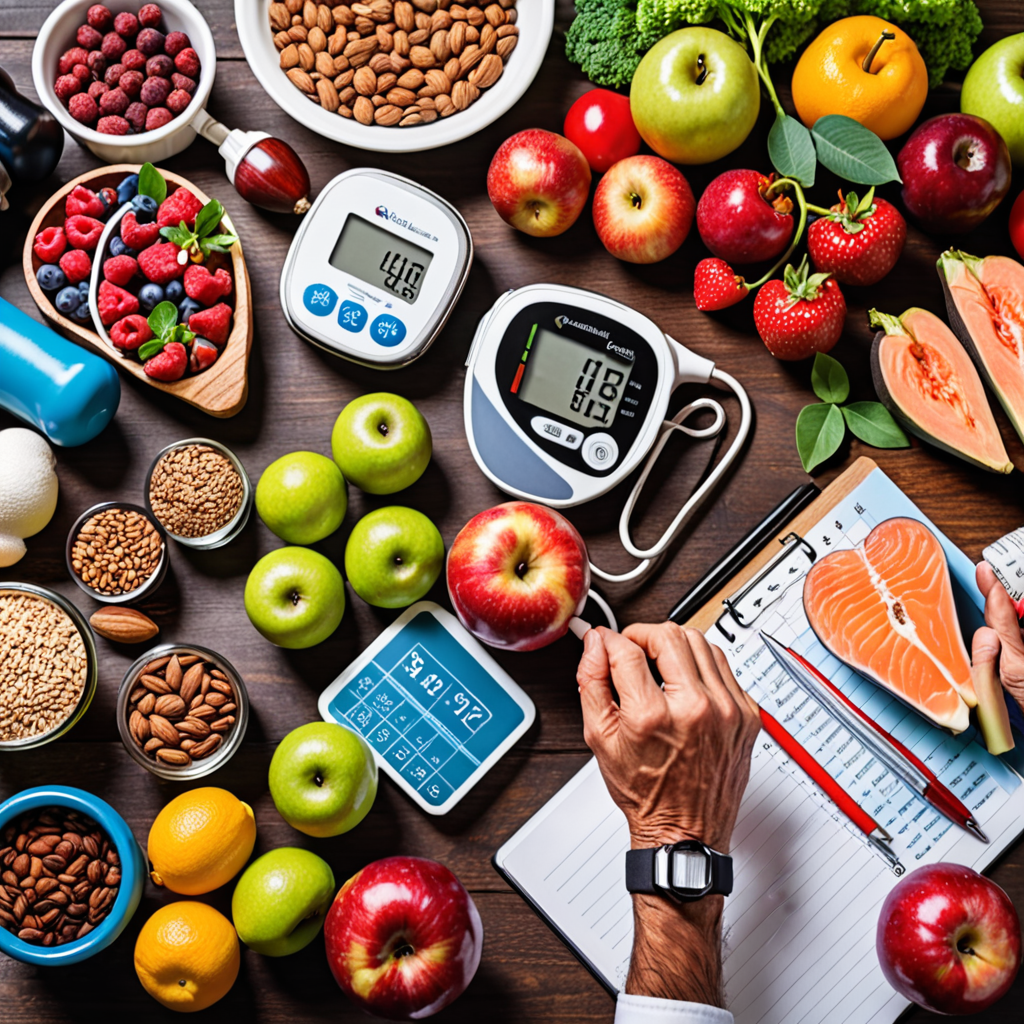
Understanding Vegetarian and Vegan Diets
Vegetarianism and veganism are plant-based diets that have gained popularity due to ethical, environmental, and health concerns. Vegetarians abstain from eating meat and fish, while vegans exclude all animal products, including eggs, dairy, and honey. Understanding the differences between these diets helps individuals make informed choices that align with their values and dietary needs.
Importance of a Balanced Diet
A balanced diet ensures that the body receives all the essential nutrients it needs for optimal function. This includes macronutrients (carbohydrates, fats, and proteins) and micronutrients (vitamins and minerals). Vegetarian and vegan diets can provide all the necessary nutrients if planned appropriately. However, certain nutrients require special attention to ensure adequate intake.
Essential Nutrients for Vegetarians and Vegans
Essential nutrients for vegetarians and vegans include:
- Protein: Plant-based sources include legumes, beans, lentils, tofu, tempeh, nuts, and seeds.
- Iron: Good sources include leafy green vegetables, fortified cereals, and legumes.
- Calcium: Plant-based sources include fortified plant milks, tofu, leafy green vegetables, and fortified juices.
- Vitamin D: Exposure to sunlight is the primary source, but fortified foods can also contribute.
- Vitamins B12 and Folate: Found in fortified foods, nutritional yeast, or supplements for vegans.
- Omega-3 Fatty Acids: Good sources include flaxseed, chia seeds, walnuts, and fortified foods.
Protein Sources for Vegetarians and Vegans
Vegetarians and vegans can obtain sufficient protein from plant-based sources. Legumes, beans, lentils, tofu, tempeh, nuts, and seeds are all excellent protein sources. Combining different plant-based proteins throughout the day can help ensure adequate intake of all essential amino acids.
Iron-Rich Foods for Vegetarians and Vegans
Iron is an essential mineral for red blood cell production. Good sources of iron for vegetarians and vegans include leafy green vegetables, fortified cereals, and legumes. Vitamin C enhances iron absorption, so consuming iron-rich foods with citrus fruits or juices is recommended.
Calcium and Vitamin D for Vegetarians and Vegans
Calcium is crucial for bone health, while vitamin D aids calcium absorption. Plant-based sources of calcium include fortified plant milks, tofu, leafy green vegetables, and fortified juices. Exposure to sunlight is the primary source of vitamin D, but fortified foods can also contribute. Vegans may consider supplementation to ensure adequate intake.
Vitamins B12 and Folate for Vegetarians and Vegans
Vitamin B12 and folate are essential for cell function and nervous system health. Vitamin B12 is primarily found in animal products, so vegans must rely on fortified foods or supplements. Folate is found in leafy green vegetables, legumes, and fortified grains.
Omega-3 Fatty Acids for Vegetarians and Vegans
Omega-3 fatty acids are important for heart and brain health. Vegetarian and vegan sources of omega-3s include flaxseed, chia seeds, walnuts, and fortified foods. Regularly consuming these foods can help ensure adequate intake.
Sample Meal Plans for Vegetarians and Vegans
Sample meal plans can provide guidance for creating balanced vegetarian or vegan diets. These plans include a variety of nutrient-rich foods to meet daily requirements. Registered dietitians can provide personalized meal plans tailored to individual needs.
Tips for Maintaining a Healthy Vegetarian or Vegan Diet
Maintaining a healthy vegetarian or vegan diet requires careful planning and attention to nutrient intake. Here are some tips:
- Read food labels to identify hidden animal products.
- Supplement with vitamin B12 and consider supplementing with vitamin D if sunlight exposure is limited.
- Include a variety of plant-based foods to ensure a wide range of nutrients.
- Consult with a registered dietitian or healthcare professional for personalized guidance.
FAQ
Can vegetarians and vegans get enough protein?
Yes, vegetarians and vegans can obtain sufficient protein from plant-based sources by consuming a variety of legumes, beans, lentils, tofu, tempeh, nuts, and seeds.
How do vegetarians and vegans get enough iron?
Good sources of iron for vegetarians and vegans include leafy green vegetables, fortified cereals, and legumes. Consuming iron-rich foods with citrus fruits or juices can enhance iron absorption.
What are the best plant-based sources of calcium?
Fortified plant milks, tofu, leafy green vegetables, and fortified juices are all good sources of calcium for vegetarians and vegans.


